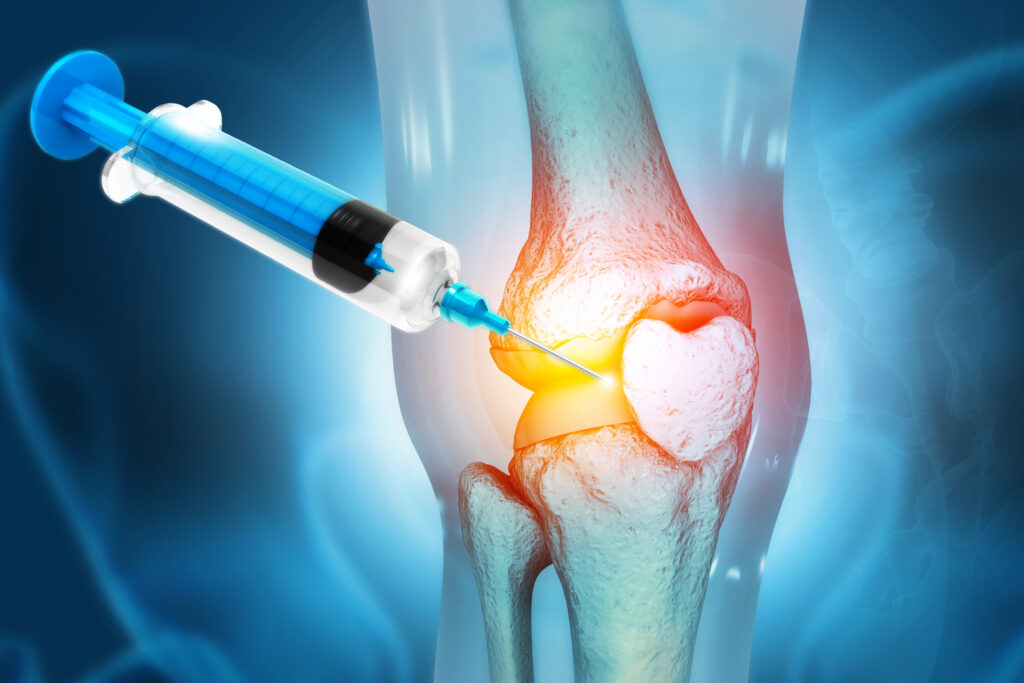Glenohumeral osteoarthritis (GOA) is a painful condition that significantly impacts the quality of life for those who suffer from it. Characterized by the degeneration of the shoulder joint, GOA can lead to severe discomfort and restrict daily activities. Traditional management options for GOA range from conservative therapies, such as physical therapy and medication, to surgical interventions. In recent years, regenerative medicine has emerged as a promising avenue for treating osteoarthritis, particularly through the use of intra-articular injections of adipose-derived mesenchymal stem cells (ADMSCs).
A recent retrospective study aimed to evaluate the safety and clinical outcomes of intra-articular injections of ADMSCs in patients diagnosed with GOA over a period of 36 months. This study is particularly relevant as it reflects a growing trend within the medical community to explore less invasive, regenerative options for treating degenerative joint conditions.
The authors of this important study include Simone Natali, Daniele Screpis, Edoardo Patania, Luca De Berardinis, Andrea Benoni, Gianluca Piovan, Venanzio Iacono, Bruno Magnan, Antonio Pompilio Gigante, and Claudio Zorzi. They collectively represent esteemed institutions such as the IRCCS Ospedale Sacro Cuore Don Calabria and the University of Verona in Italy.
The findings of this study are expected to provide critical insights into the efficacy and safety of ADMSCs as a treatment modality for GOA, potentially influencing clinical practices and patient management strategies in the future. The increasing interest in regenerative medicine holds the promise of improving outcomes for patients suffering from chronic joint conditions by offering alternatives that focus on healing and regeneration rather than merely alleviating symptoms.
As the medical community continues to investigate these innovative therapies, the implications of this research could lead to more effective and patient-centered approaches to managing GOA, ultimately enhancing the quality of life for individuals affected by this challenging condition.


